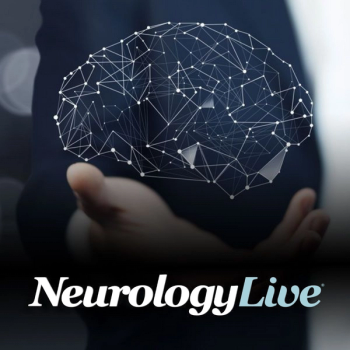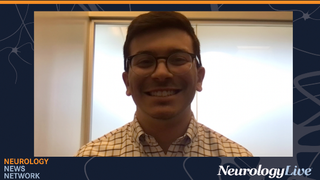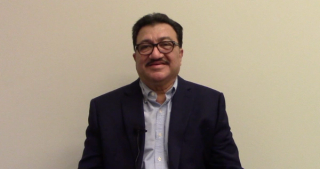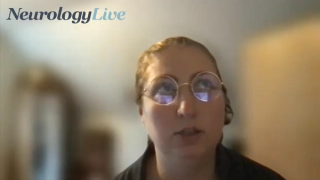
Insomnia
Latest News

Latest Videos

Podcasts
CME Content
More News

Overall, most patients reported satisfaction with cognitive behavioral therapy approach, with completion of lessons associated with a decrease in Fatigue Severity Scale.

A meta-analysis on studies assessing FDA-approved dual orexin receptor antagonists for insomnia treatment highlighted a greater risk of adverse events, particularly for narcolepsy-like symptoms.

In recent news, the FDA has issued a complete response letter for Vanda Pharmaceuticals' tasimelteon for treating insomnia because of identified deficiencies and cannot be approved in its current form.

Key Components Identified for Improving Efficacy of Cognitive Behavioral Therapy in Chronic Insomnia
A recent review revealed critical components, including cognitive restructuring and third-wave strategies, that enhance the effectiveness of cognitive behavioral therapy for insomnia.

After showing promise in a phase 2 assessment, Taisho Pharmaceutical’s TS-142 will be assessed in a long-term study of 300 patients with the sleeping disorder.

Short objective sleep duration was associated with weight regain and attenuated improvements in body composition one year after weight loss, independent of intervention allocation, age, and sex.

Findings from a recent randomized study demonstrated effective sleep maintenance of insomnia, as shown by increased sleep time and reduced awakenings, with low concentration of carbon dixoide.

Although the effects of the educational intervention weren’t seen at 3 months, investigators noticed significant differences relative to standard of care at 12 months.

A recent review suggests that children might be affected by specific types of insomnia and that their treatment should be more suitable to their classified insomnia phenotype.

A recent phase 2 study showed a significant decline in wakefulness after sleep onset across both doses of sunobinop for individuals with insomnia recovery from alcohol use disorder.

More than half of the patients who reported at least 1 trauma-related nightmare showed decreases after starting brief behavioral treatment.

Results from a longitudinal study suggest that higher proportions of subjective memory decline are associated with insomnia disorder in middle-aged and older adults.

A recent cross-sectional analysis showed an increase in coded diagnoses of insomnia during pregnancy in the United States over time.

Test your neurology knowledge with NeurologyLive®'s weekly quiz series, featuring questions on a variety of clinical and historical neurology topics. This week's topic is sleep disorders.

Nearly 40% of patients treated with CBT-I met the Athens Insomnia Score criteria for remission after 8 weeks of treatment compared with slightly above 10% of those on sham.

A sleep study on adolescents and their insomnia symptoms showed that those with a shorter sleep duration experienced deficient executive functions in daily life.

A narrative review highlights the lack of methodological elements of hypnosis therapy research ranging from case studies to randomized trials.

Findings from a study on primary care patients with insomnia suggest there are patient preferences for behavioral and medication treatment strategies for sleep health.

In a meta-analyses review of 10 trials, findings revealed a beneficial effect of listening to music to improve sleep quality for adults with insomnia.

A longitudinal study showed that there were higher levels of alcohol and cannabis use in late adolescent stages who had poor sleep health.

Fan Nils Yang, PhD, postdoctoral researcher, University of Maryland, provides greater detail on the observational cohort study he did with colleagues, where they identified a link between neurocognitive function in children and insomnia.

Based on a trial that showed melatonin improved total sleep time in children with ADHD and sleep onset insomnia, Colonis’ Melatonin 1mg/ml Oral Solution was approved by the MHRA in the United Kingdom.

In a propensity score matched, longitudinal, observational cohort study, findings showed that there was an association between insomnia and neurocognitive function in children.

A study conducted via telemonitoring showed that hospital workers who performed night shifts had significant negative impacts on their sleep quality and circadian rhythms.

A survey based on young adult college students indicated that symptoms of insomnia might buffer the association with the acute physiological effects of alcohol, in part because it may heighten the sensitivity to alcohol.

















